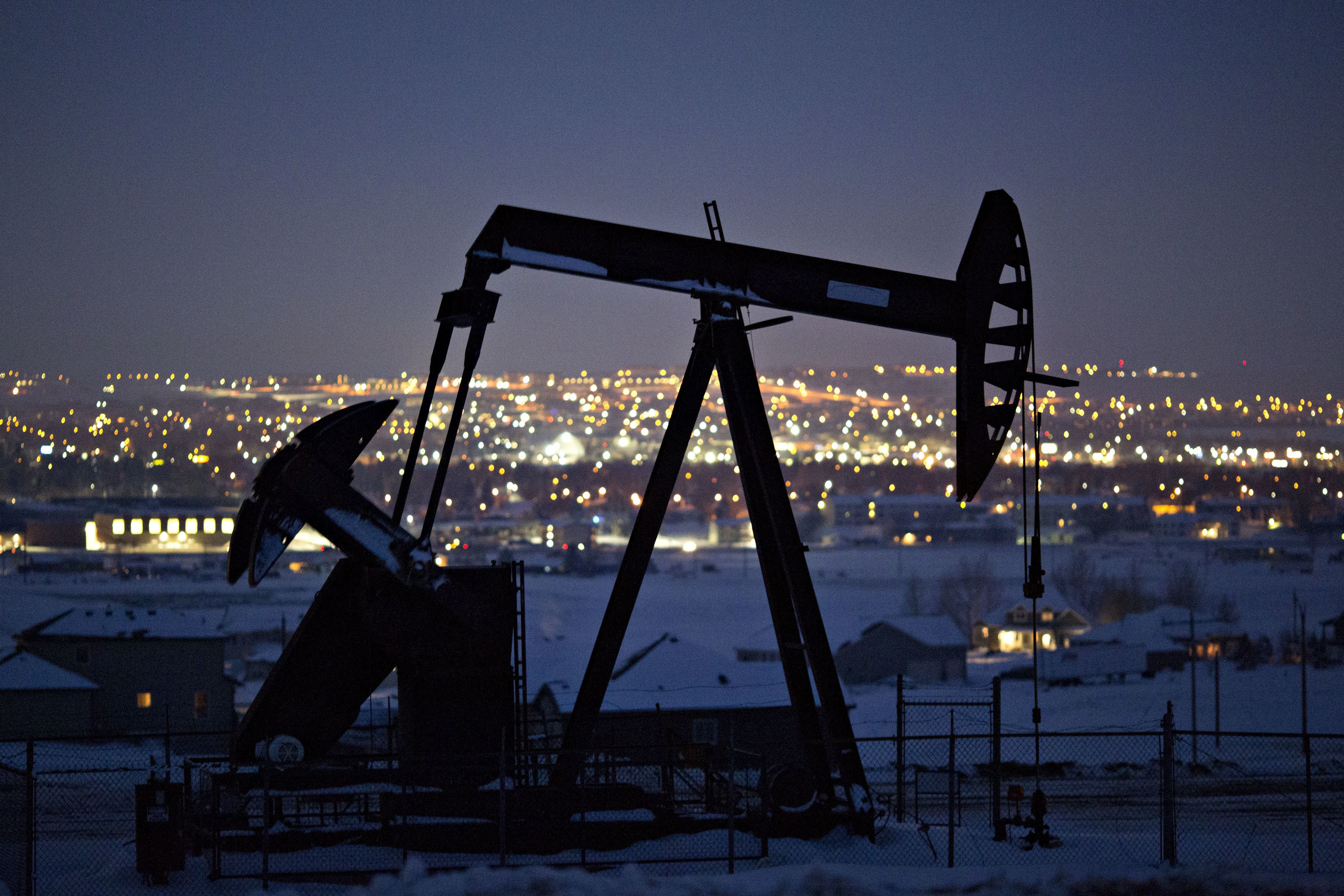The big fossil fuels are out of step with the Paris climate targets

All the big fossil fuel groups fail climate goals
None of the major oil, gas or coal companies are on track to align their business with the Paris climate goal of limiting global temperature rise to well below 2 ° C by 2050.
A partnership between London School of Economics academics and investors managing $ 21 billion in funds, called the Transition Pathway Initiative, assessed 125 oil and gas producers, coal miners and electric companies on their readiness for an economy to low carbon emissions – reports the FT .
They were measured on the "carbon performance", what are the factors of the carbon intensity of the products they produce and sell, the emission reduction targets and how they would fare in three models: if governments were to comply with existing national commitments in terms of emissions, a scenario in which temperatures rise by 2 ° C; and one in which they rise by less than 2 ° C.
Of the 59 major oil, gas and coal players assessed, only seven are on track to align with governments' emissions commitments under the 2015 Paris Agreement – Royal Dutch Shell, Spain's Repsol, Total from France, Eni from Italy, Equinor from Norway and the Glencore and Anglo-American miners.
But even meeting existing national commitments would leave the world on track for 3.2 ° C of warming, according to UNEP. Others say it could be even higher.
"These commitments are widely considered insufficient to avoid dangerous climate change," TPI said Wednesday.
Only three oil and gas companies – Shell, Total and Eni – are approaching the 2C scenario, even if their emission reduction targets and low-carbon investment plans are still not enough to align them with that benchmark. , not to mention the lowest, TPI said.
Fossil fuel companies have come under pressure from investors and environmental activists to take greater responsibility for their role in driving climate change. Several European oil and gas majors, including Shell, BP and Repsol, have announced net zero emissions commitments in recent months.
In the new report, BP was not cited as a leader in action on climate change, despite the announcement in August of ambitious plans to reduce oil and gas production by 40% over the next decade.
The ICC stated that the company's new emission targets for its operations and production concerned products made with its own and third-party crude oil, but not with those it marketed, which accounted for more than half of everything it sold. Last year.
BP said its goals supported its zero-emissions ambition, adding that its path is consistent with the Paris goals.
There is also a growing gap between those who, like BP, prioritize absolute emission reductions over those, including Shell, who focus on carbon intensity – which takes into account the amount of greenhouse gas emissions per barrel of oil and gas produced.
Critics of the intensity metric say the measure may decrease even as companies continue to expand their production and generate higher absolute emissions, which is what ultimately matters for the climate. Others argue that a firm's absolute emissions can decrease due to the sale of goods or a decline in raw materials without decarbonising.
US ExxonMobil and Chevron are doubling their hydrocarbon production, rather than trying to diversify into cleaner businesses like Europe's.
In the electricity sector, 39 of the 66 utilities analyzed are in line with the Paris commitments, while 22 are in line with the stricter benchmark, below 2 ° C.
(Extract from the foreign press review by Epr Comunicazione)
This is a machine translation from Italian language of a post published on Start Magazine at the URL https://www.startmag.it/energia/combustibili-fossili/ on Sat, 10 Oct 2020 05:19:49 +0000.
